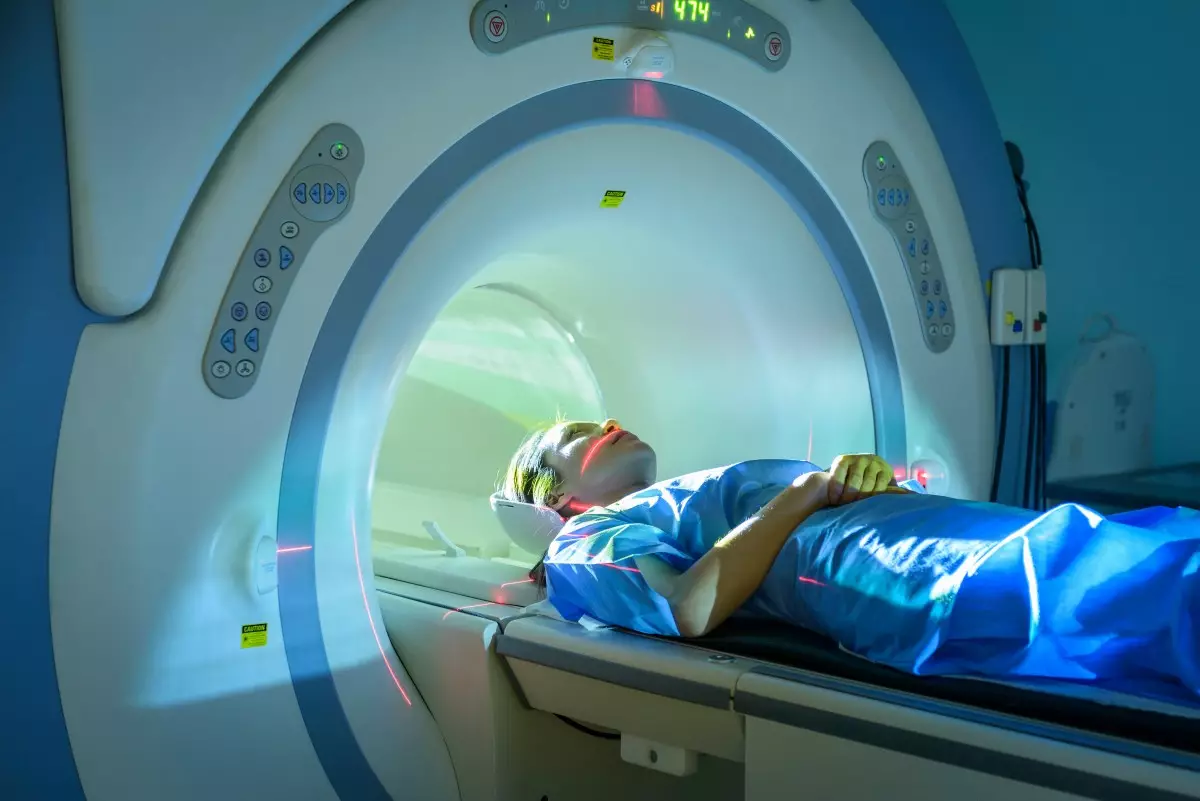The healthcare landscape is undergoing a seismic shift as artificial intelligence (AI) continues to weave itself into the fabric of medical technologies. Among these, medical imaging stands out as a pivotal area where innovation can lead to more accurate diagnoses and improved patient outcomes. French startup Gleamer, having previously focused on enhancing X-rays and mammographies, is now setting its sights on refining magnetic resonance imaging (MRI). Rather than embarking on this venture solo, Gleamer has smartly acquired two existing startups engaged in AI-powered MRI analysis—Pixyl and Caerus Medical. This strategic move represents a trend where mature startups are consolidating resources to beef up their capabilities.
Learning from the Past: The Second Wave of AI Startups
Interestingly, Gleamer is part of a second wave of tech startups that emerged to revolutionize medical imaging, building on the earlier forays of companies that began around 2014 and 2015. While numerous tech founders faced hurdles that led many initial startups to fade away, a substantial consolidation is evidenced through acquisitions such as Zebra Medical Vision by Nanox and Arterys by Tempus. It seems the medical imaging sector has learned from its missteps, now focusing on collaborations and acquisitions to drive growth and innovation.
Founded with an insight-driven approach in 2017, Gleamer aims to serve as a copilot for radiologists, equipping them with an AI assistant that promises to sharpen diagnostic accuracy. The company has made commendable strides, with approximately 2,000 institutions across 45 countries adopting its solutions. Processing a staggering 35 million examinations, Gleamer has already earned CE and FDA certifications for its bone trauma interpretation products, as well as certifications for specialized offerings like chest X-ray and orthopedic assessments.
The Complexity of MRI: A New Frontier
Christian Allouche, co-founder and CEO of Gleamer, emphasizes the challenges of medical imaging, particularly with MRI, citing that “the one-size-fits-all approach doesn’t work.” The complexity inherent in MRI is evident; it encompasses various tasks beyond mere detection, including segmentation, characterization, and classification. Recognizing these complexities, Gleamer’s strategic acquisitions aim to equip the company with the necessary technology to expedite its entry into the MRI arena. With plans to develop dedicated platforms over the next two to three years, Gleamer intends to address all potential use cases effectively.
Although initial results from Gleamer’s products are promising, such as the new mammography model that detects four out of five cancers—compared to three out of five for radiologists without AI assistance—there remains much work to be done. The potential for productivity gains in the medical imaging field can be groundbreaking. The ripple effects of improving diagnostic capabilities could reduce missed tumors and significantly enhance treatment pathways.
A Vision for Preventive Imaging
As the future of healthcare pivots towards preventive measures, Allouche envisions a time when routine whole-body MRIs could be seamlessly incorporated into standard insurance packages. This proactive approach offers a tantalizing glimpse of a future where patient care is transformed through technology. However, it raises pressing logistical questions. Currently, some urban centers are grappling with a shortage of radiologists, raising concerns about their capacity to handle an increased workload resulting from a shift toward preventive imaging. Here, AI proves indispensable, as it can orchestrate and triage patient imaging efficiently, enabling human specialists to focus on more complex cases.
With most imaging conducted primarily for diagnostic clarification, Allouche argues for the pressing need for AI tools that surpass human capabilities in sensitivity. The landscape is evolving, and the marriage of human expertise and AI technology promises to create a more intelligent, responsive healthcare system. The integration of such advancements could signify a triumphant leap towards benefiting patient diagnostics and enhancing the effectiveness of medical professionals in their critical roles.
The collaboration of startups like Gleamer and the advancements in AI technology represent a beacon of hope for the future of medical imaging—one that emphasizes efficiency, accuracy, and proactive healthcare solutions.

